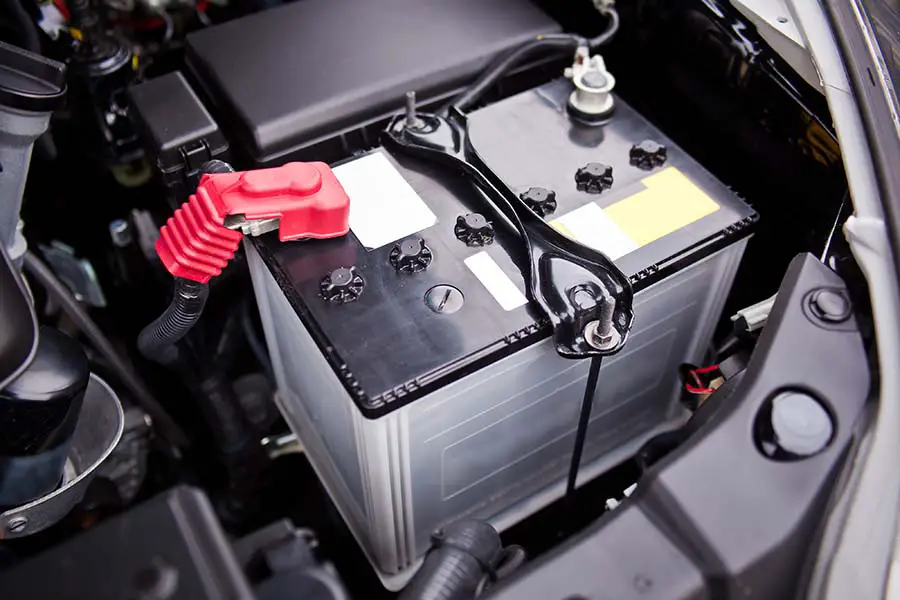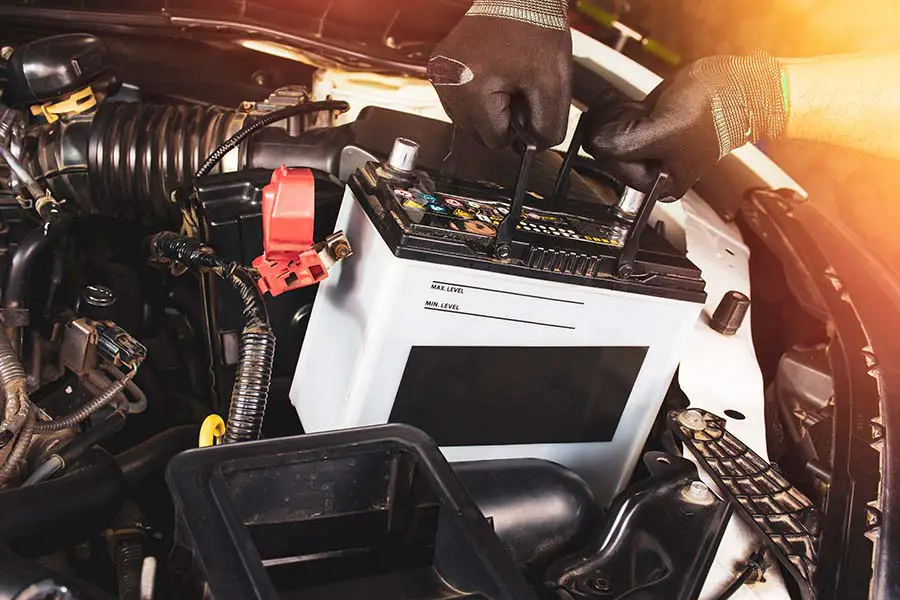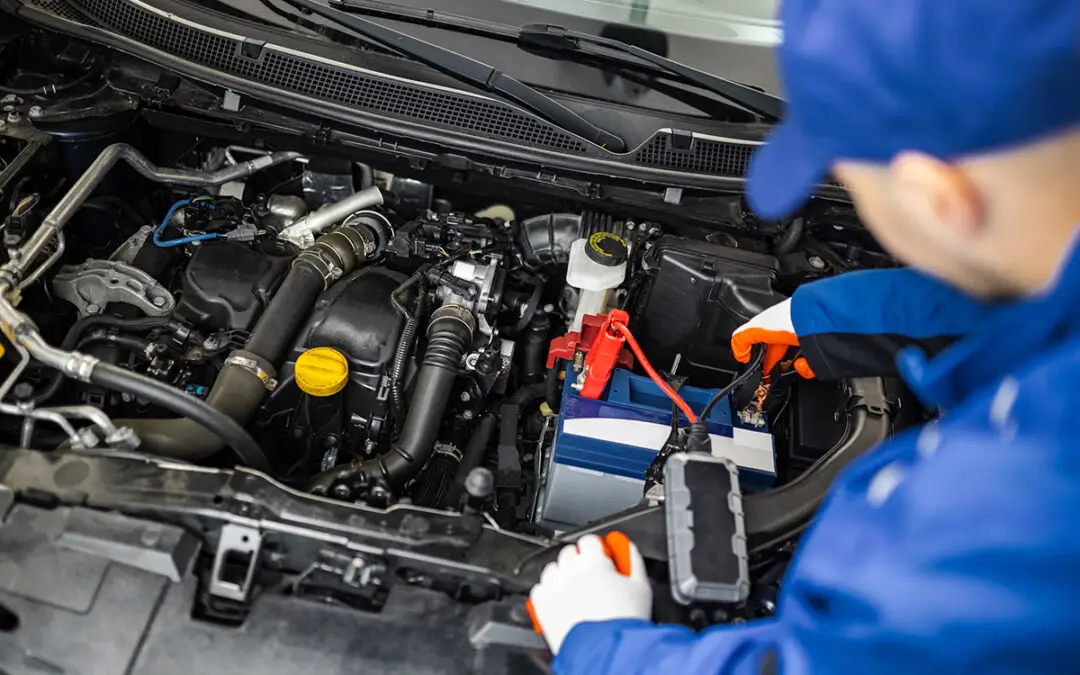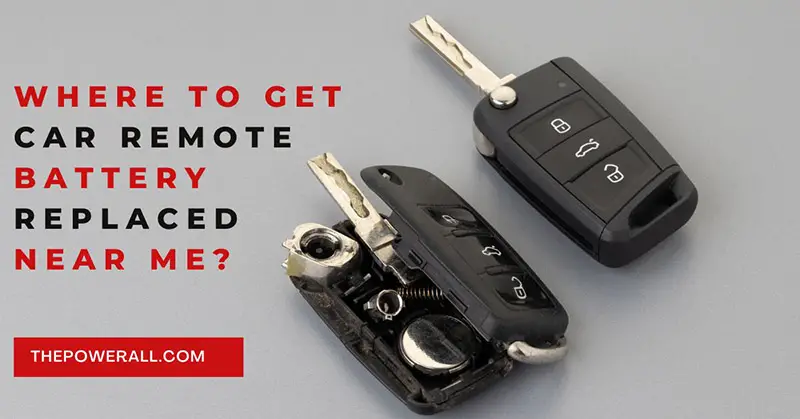It is summer, the time for road adventures! Before hitting the road, you must ensure that everything in your car has been carefully checked. It would be a nightmare to get stranded in the wild with a dead auto battery, wouldn’t it? An additional dedicated battery would always be helpful.
It is very important to learn how car batteries work in order to avoid unwanted trouble. In this article, let’s find out whether the car battery is AC or DC!
Car Battery Basics
The battery is considered the heart of the car because it provides the crucial electrical energy, which is a flow of electrons for every function of the car: driving, braking, power steering, error detection, you name it. Upon fully charged, the battery converts chemical energy (sulphuric acid) to stabilized electric power (current to power) as the energy source for the car.
It is very important to keep the battery safe to extend the battery life. If somehow water managed to flow inside the battery, the chemical cells would no longer be able to retain power, causing power losses and thus become useless. Old batteries are extremely poisonous to the environment, so you should follow discharge cycles properly.
Are Car Batteries AC or DC?

From the characteristics of the power types, it is not difficult to learn that car batteries are built on DC power. They usually have a very low voltage (from 5V to 12V) compared to AC voltage (120V and 230V). Simply put, for a small power transmission like your car, a small voltage in a direct current will suffice.
Is 12 volt AC or DC?
As mentioned, most automobiles use DC Power for their batteries. Heavy vehicles such as large buses or trams use a 12-volt battery system. AC batteries are very rare. The highest voltage level in vehicles (42V) can be found in older vehicles, but they still use a DC Power system. So a 12-volt battery will possess a DC current.
What’s The Difference Between AC and DC?
The terms “AC” and “DC” refer to the circuit types in which electricity flows. The differences lie within its structure, which will be discussed below:
See more: Which Battery Terminal To Connect & Disconnect First
AC Power
AC stands for alternating current, which periodically changes the power’s direction. This structure separates the electrical flow into two lines: upward (positive) and downward (negative), allowing the energy to move in a wave-like pattern. The purpose of line diversification is to adjust the voltage in order not to harm the appliances.
Due to this diversion, energy has to move a bit further to reach the electrical appliances. Therefore, the AC current is mostly used in households, as well as power to buildings and typical household outlets such as lights, TV, toasters, etc., which involves delivering electricity directly from power outlets.
DC Power
Contrary to AC Power, DC Power means direct current. There is no separation of power lines from within the electrical systems, so the power goes in a constant direction directly from the reservoir to the engine. To convert AC Power to DC Power, mechanics use an AC adapter or a built-in rectifier to separate the power lines.
By using a DC Power structure, the power is consistently transited. Therefore, they are widely used within electronic devices such as computers, smartphones, etc. Most battery cells also use this function as the primary means of storing power and delivering power to automotive components.
Conclusion
Now that you have found the answer to your question is DC, you can go to a car expert and ask for the most suitable source of electricity – additional battery products for your car.
Don’t forget to check for the battery’s health from time to time to ensure that you will never run into trouble while driving down the road. Extra cost means higher quality.









0 Comments